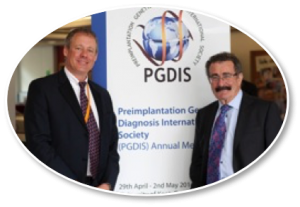A belief in anti-vaccine conspiracy theories may have significant and detrimental consequences for children’s health, new research from the University showed earlier this year.
Researchers Daniel Jolley and CISoR’s Professor Karen Douglas surveyed 89 parents about their
views on anti-vaccine conspiracy theories and then asked them to indicate their intention to have a fictional child vaccinated. It was found that stronger belief in anti-vaccine conspiracy theories was associated with lower intention to vaccinate.In a second study, 188 participants were exposed to information concerning anti-vaccine conspiracy theories. It was found that reading this material reduced their intention to have a fictional child vaccinated, relative to participants who were given refuting information or those in a control condition. Daniel Jolley said: ‘This research is timely in the face of declining vaccination rates and recent outbreaks of vaccinated-against diseases in the UK, such as measles. Our studies demonstrate that anti-vaccine conspiracy theories may present a barrier to vaccine uptake, which may potentially have significant and detrimental consequences for children’s health. ‘ Dr Douglas added: ‘It is easy to treat belief in conspiracy theories lightly, but our studies show that wariness about
conspiracy theories may be warranted. Ongoing investigations are needed to further identify the social consequences of conspiracism and to identify potential ways to combat the effects of an ever-increasing culture of conspiracism.’
Professor Karen Douglas






